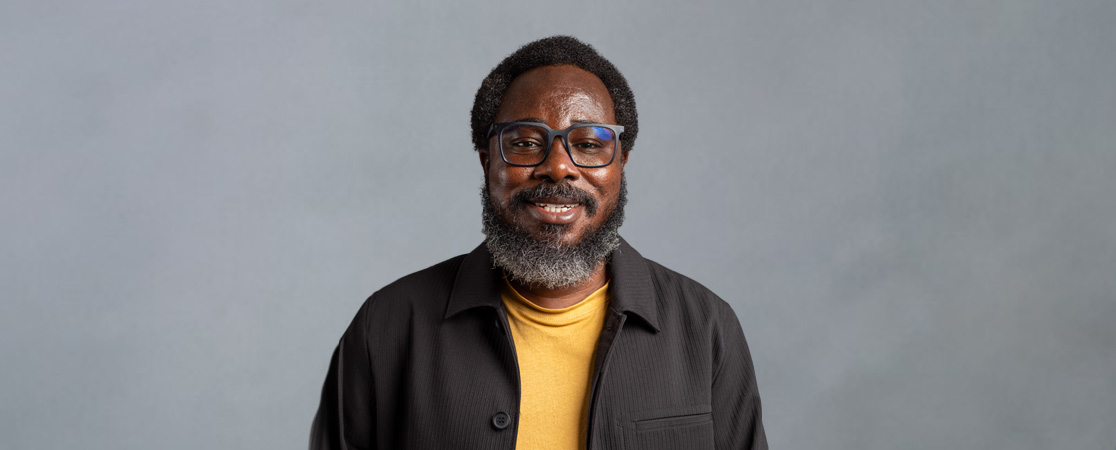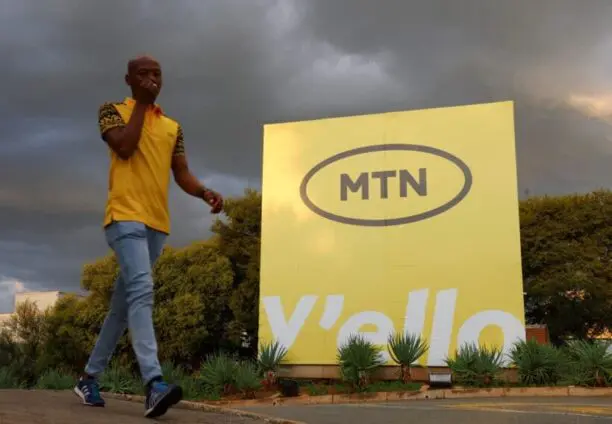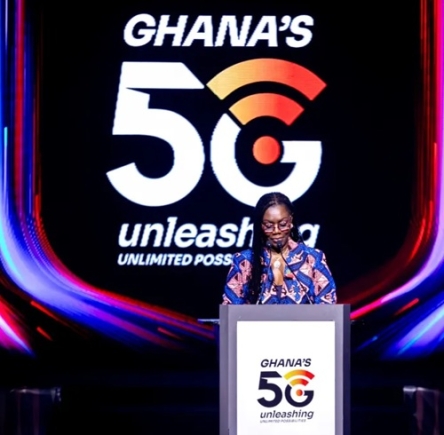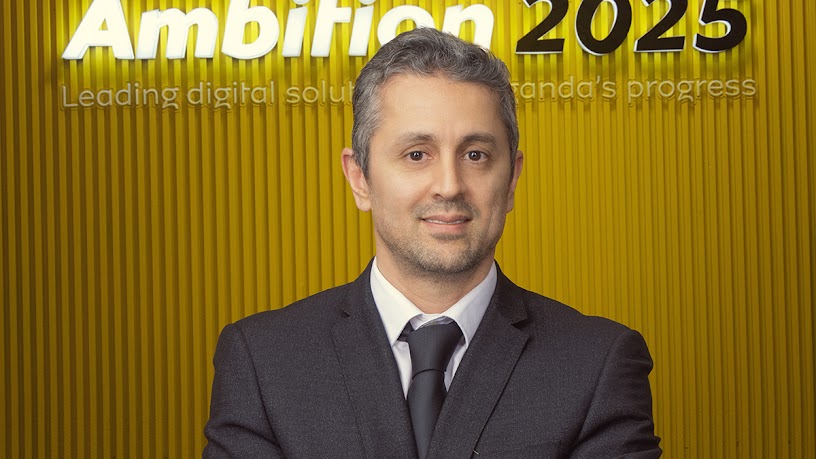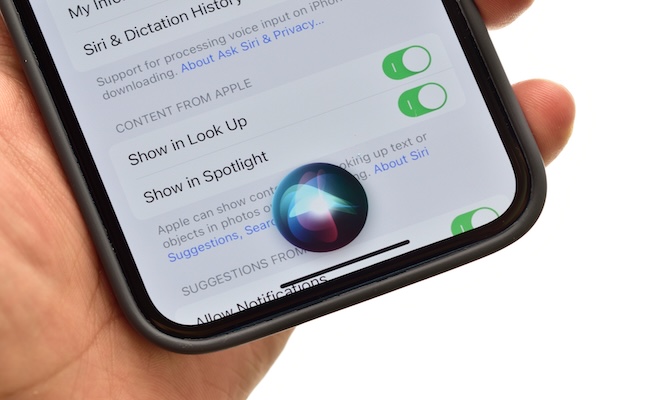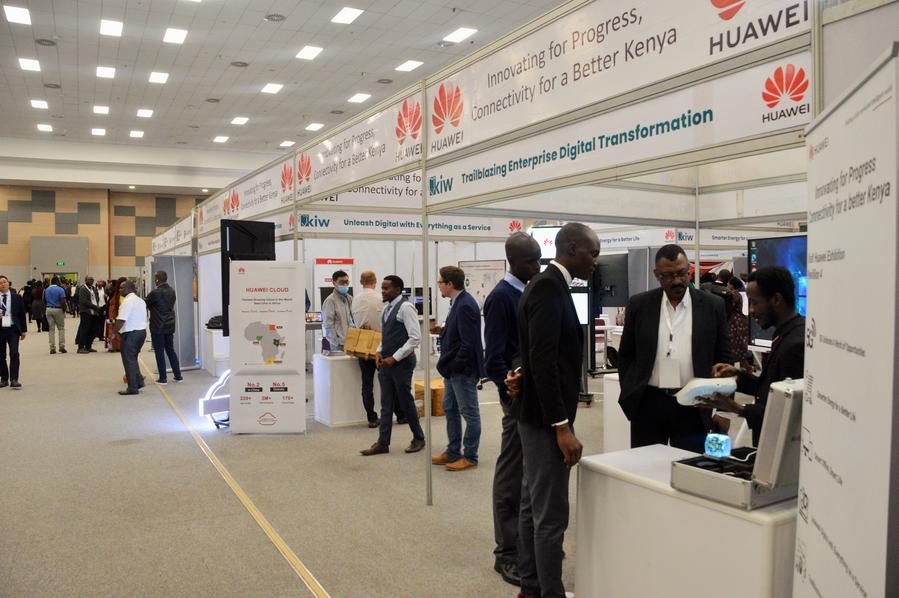A groundbreaking innovation by Professor Kobby Mensah, a marketing expert at the University of Ghana Business School, is set to transform the university admissions process for Senior High School (SHS) students.
The software, named Admissions Checker, leverages students’ West African Senior School Certificate Examination (WASSCE) grades and high school courses to determine their eligibility for admission into various universities and programs.
Prof. Mensah described the software as a tool to empower students in navigating the often complex admissions process. “The software is designed to provide students with realistic choices and opportunities for university admission. By inputting their academic records, students can receive a report indicating their admission opportunities in percentage terms,” he explained.
Admissions Checker is tailored to guide students through informed decision-making. Users input their high school courses, WASSCE grades, and demographic details, which are processed through advanced algorithms.
The system then generates a detailed report, offering students a clear picture of their chances for admission to specific universities and programs.
The software also includes a unique feature for students who are still in high school. SHS 1 students can use their terminal examination results to evaluate their potential eligibility for university admission. This enables them to monitor their progress, identify weaknesses, and adjust their study strategies long before taking their WASSCE exams.
“This feature allows students to assess their readiness for university admission early on, ensuring they are well-prepared to secure strong performances in their final exams,” Prof. Mensah noted.
Admissions Checker seeks to eliminate the uncertainty and stress often associated with university admissions by offering an accurate and comprehensive assessment of opportunities.
According to Prof. Mensah, the tool is designed to help students “embark on their academic journey with confidence, armed with the knowledge of their eligibility for esteemed institutions and sought-after courses.”
With its ability to streamline the admissions process and guide students toward achieving their academic goals, Admissions Checker is poised to become an invaluable resource for Ghana’s education system.
Source: Emmanuel Nkansah (Techfocus24.com)


